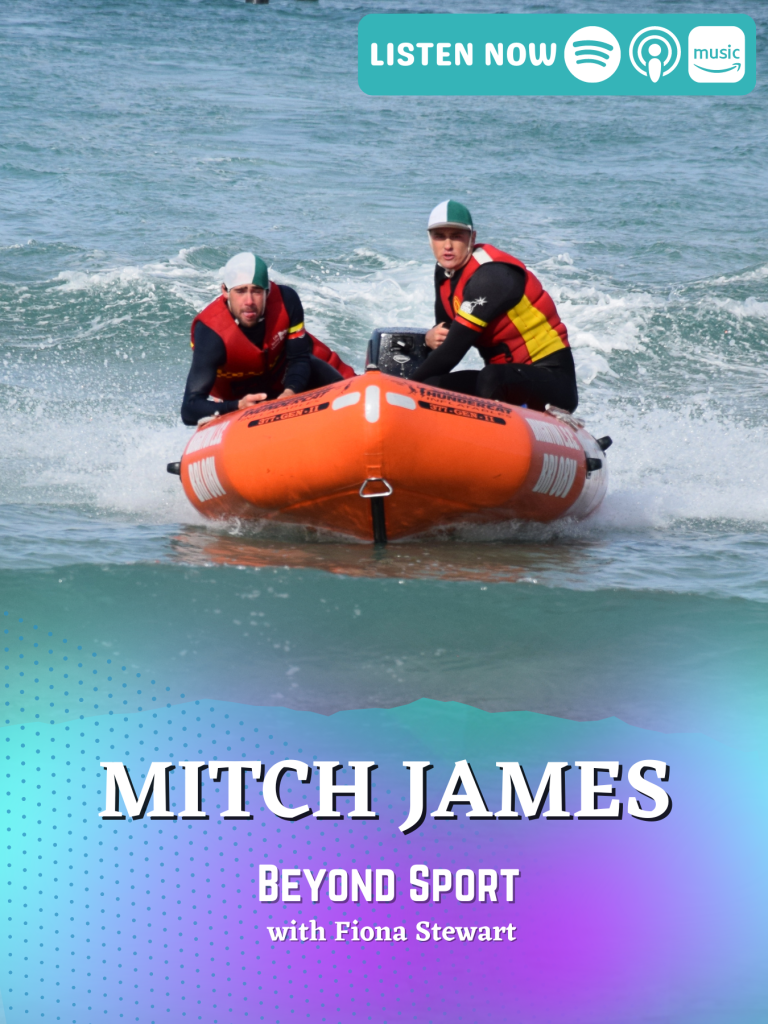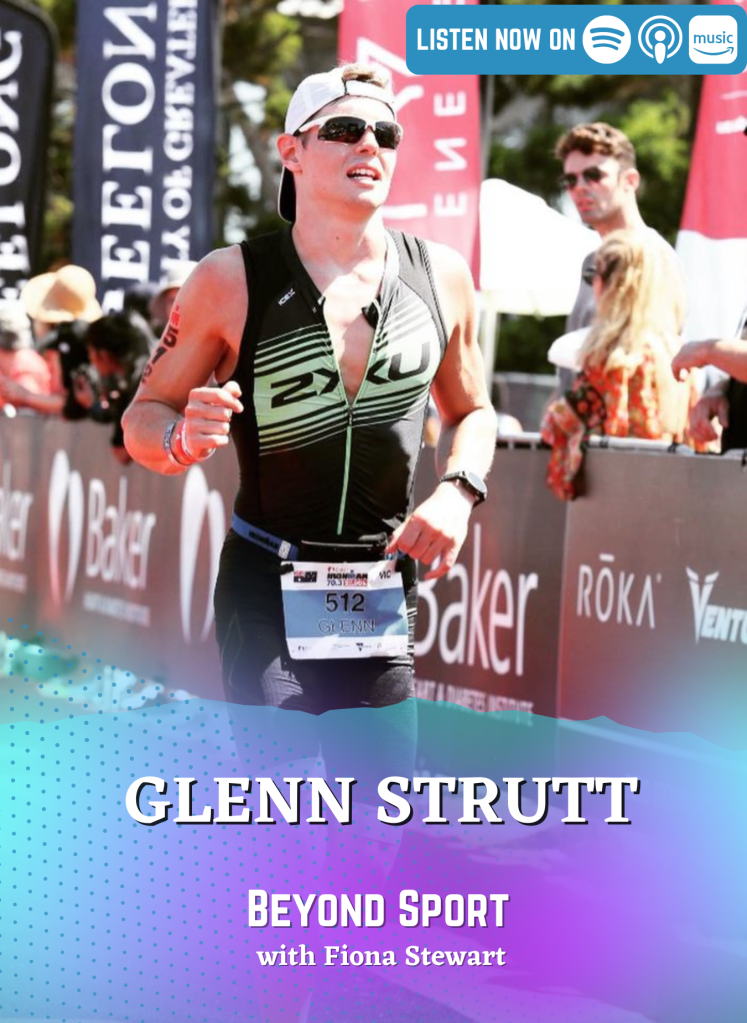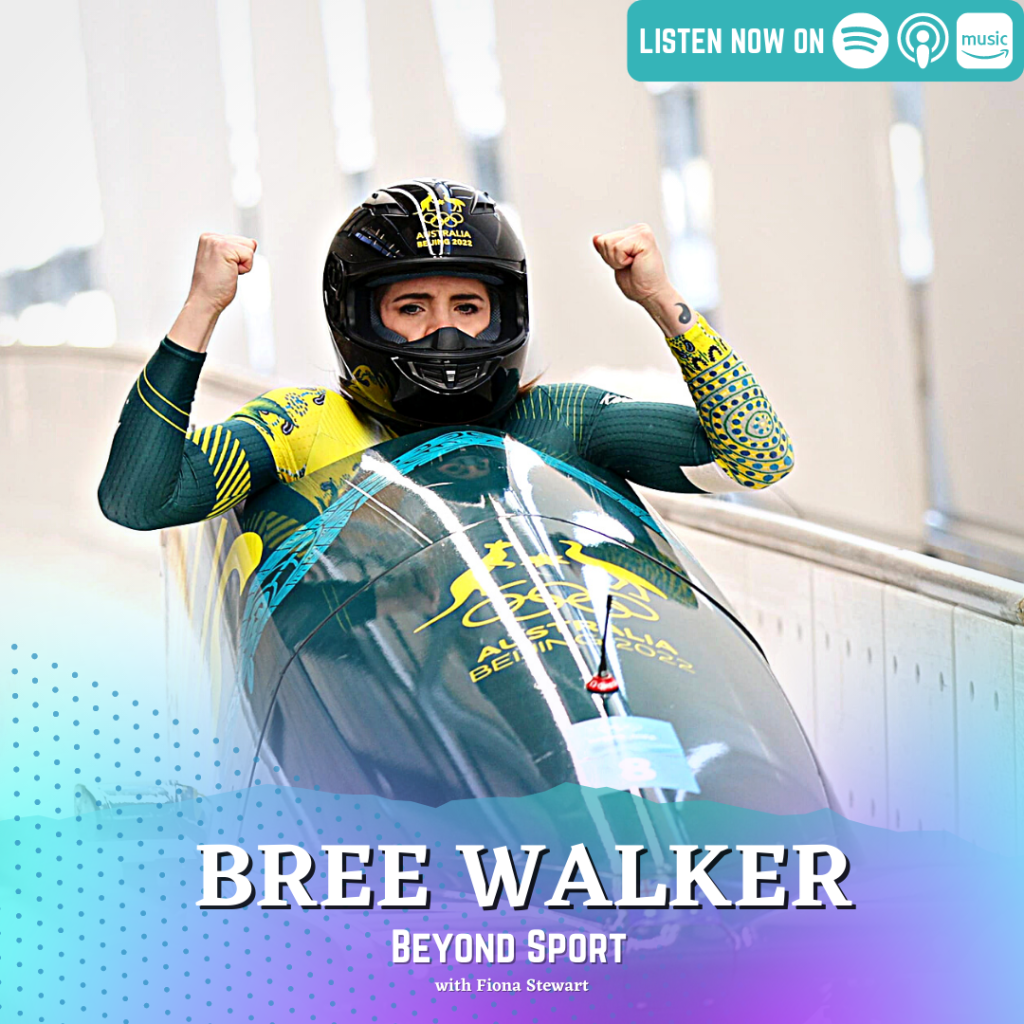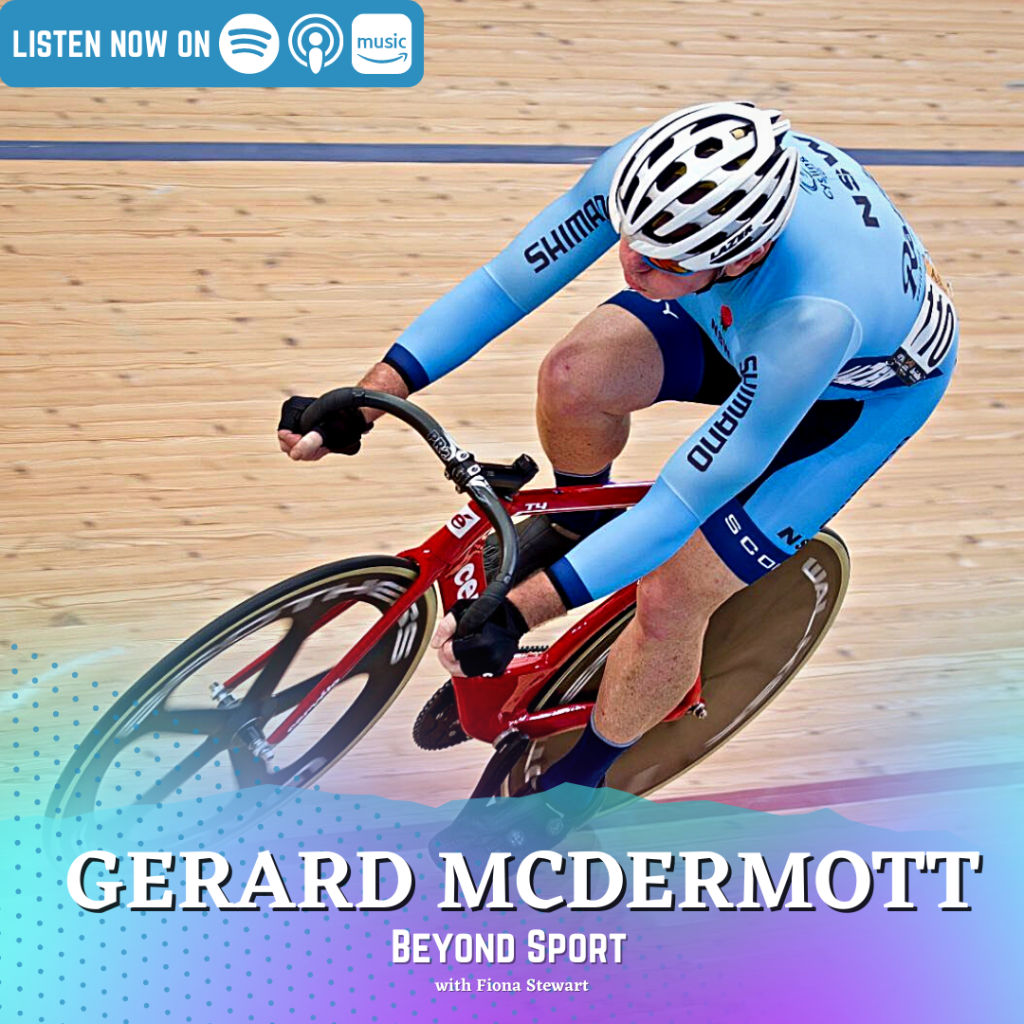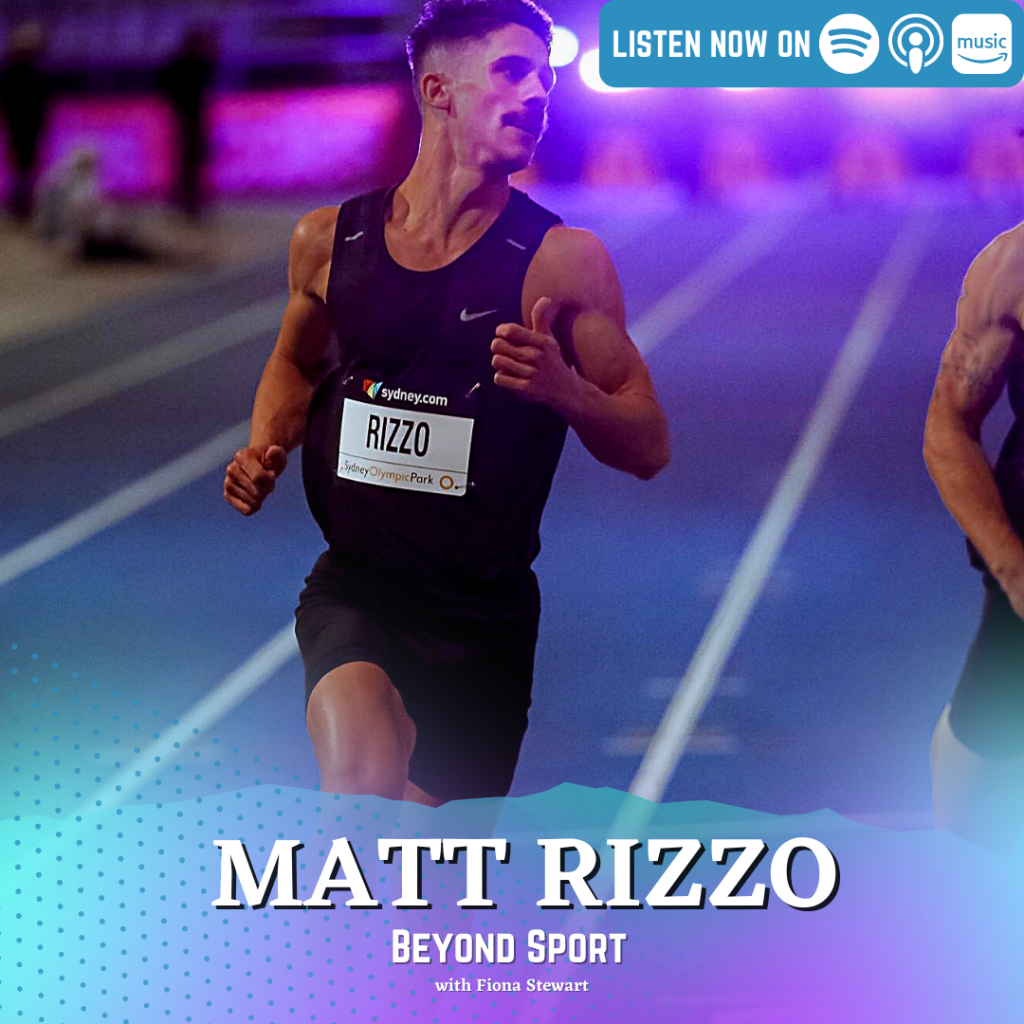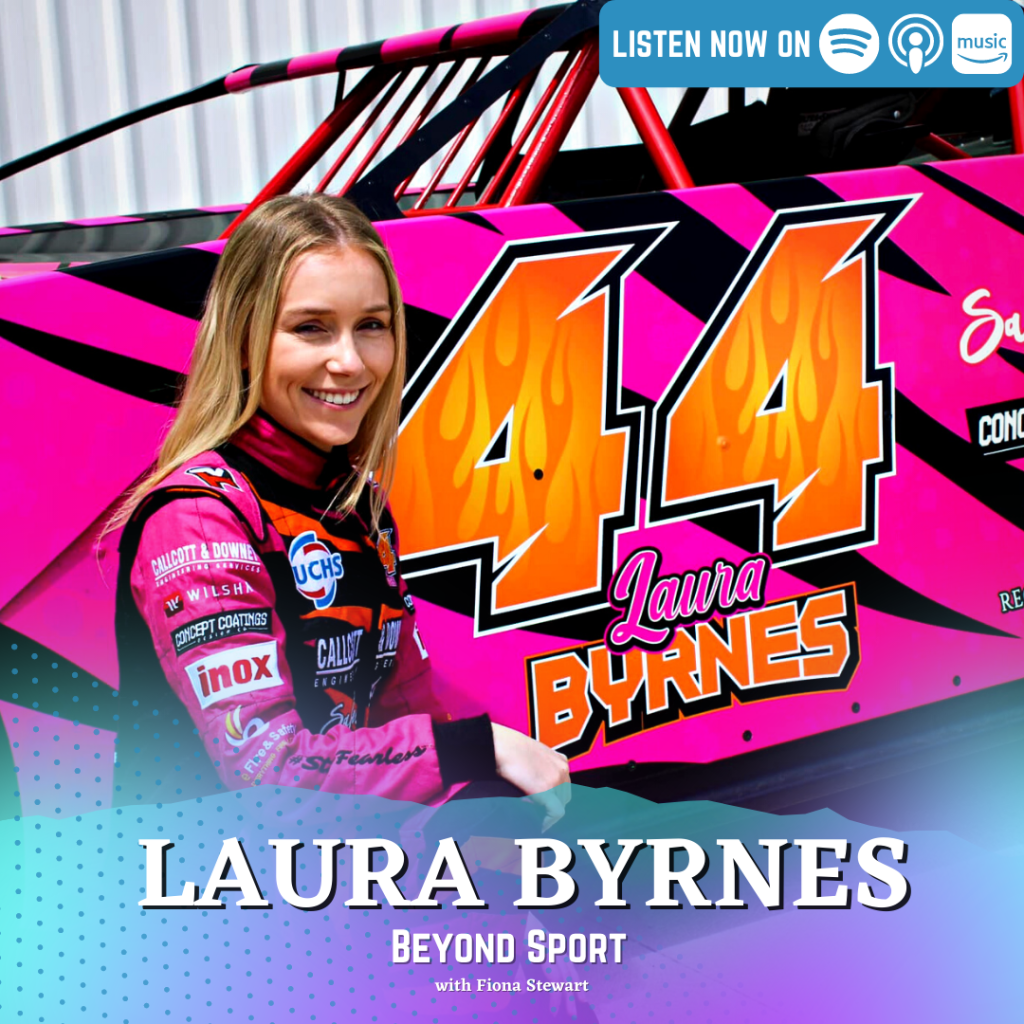Brain injury Australia defines concussion as a traumatic brain injury induced by biomechanical forces such as a direct blow to the head, face, neck or elsewhere on the body with an impulsive force transmitted to the head.
Why do we care?
An article in the age published in September 2021, revealed that concussion was the top cause of hospitalisations within community AFL since 2013. With more than two in three of all concussions in the sport being sustained by young footballers between 10 and 19 years old.
Mental Health Impact
According to Neuropsychologist Professor Vicki Anderson from the Murdoch Children’s Research Institute approx. ½ of concussions within children are sport related. Professor Anderson and her team at the MCRI published a peer reviewed journal article in the British Journal of Sports Medicine, exploring the relationship between childhood concussion and mental health finding that children with concussion experienced more mental health difficulties compared to the controlled group.
I then read another article (here) that mentioned a third of under 18’s who have had a concussion develop a mental health condition afterwards that could last years after the incident.
Brain injury Australia have collated some research that half of people with a traumatic brain injury develop depression within a year and nearly two thirds of people develop depression within 7 years after.
Jacinda Barclay – AFLW Player who’s autopsy found significant white matter changes, after being found dead in 2020, a suspected suicide.
Danny Frawley – ALF Player, who sustained approx. 20 concussions within his AFL career, died in 2019 from a car crash, however according to the coroner’s report he had been suffering depression, at the time of his death was on multiple drugs to treat mental illness. His brain was donated to the Australian Sports Brain Bank where they found chronic traumatic encephalopathy. Stated in the report’s conclusion “the weight of the available evidence supports a finding that Mr Frawley intentionally took his own life”.
Another wildly reported case was Shane Tuck, Richmond AFL player who died in 2020, his brain was found with chronic traumatic encephalopathy.
Actually, at the time of recording, I was scrolling on Instagram and came across a post by Annette Edmondson, 3-time world champion and 3 time Olympic medallist in cycling. She posted “4 years since I woke up in hospital with the worst injury of my career: a concussion” she goes on that she was pushed back to racing too early and couldn’t even deal with the radio in the ear and how even now she has moments of anxiety and overwhelm. A quick scroll through the comments makes it clear how many athletes at ANY LEVEL are struggling or have struggled through something similar.
MOST IMPORTANT RESOURCES
Great resource by Sport Australia, which includes 30 pages of information on concussion in sport and making a return to play. I’d almost say it’s for national and state sporting organisations to use to develop their own concussion management policy. It includes the standardised test to identify concussions, the SCAT5, which can be completed night next to the field. Basically, the position is, if in doubt – sit them out.
The development of the HeadCheck app which is evidence-based app developed by leading concussion experts from MCRI and the AFL. The app is a concussion management tool to help us to recognise concussion early and manage recovery.
Australian Sports Brain Bank which was started in 2018 whose mission is to understand chronic traumatic encephalopathy (CTE) and other brain pathology that is associated with repetitive head injury in sport and elsewhere.
Check out the episode here!
